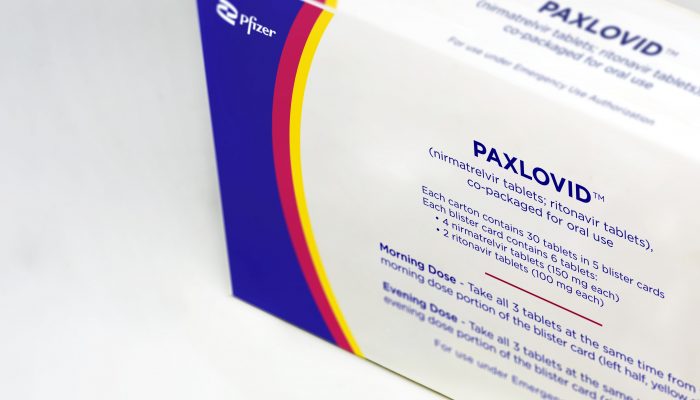
Post
Providing services, support, and guidance to reduce the spread of COVID-19 in Philadelphia.

The Department of Public Health leads Philadelphia's COVID-19 response. We provide services, support, and guidance to protect our residents from COVID-19.
As part of this work, we:
COVID-19 may be here to stay, but we’re seeing less severe disease, and we want to keep it that way. We have many tools to keep our loved ones and communities safe.
You can help. Get vaccinated and updated on your vaccines. If you're likely to get really sick from COVID-19, seek treatment. Wear a mask if you've been around people with COVID-19 recently. Together, we can protect ourselves and our community.
| Address |
Division of Disease Control
1101 Market St., 13th floor Philadelphia, PA 19107 |
|---|---|
|
Phone:
(215) 685-5488
|